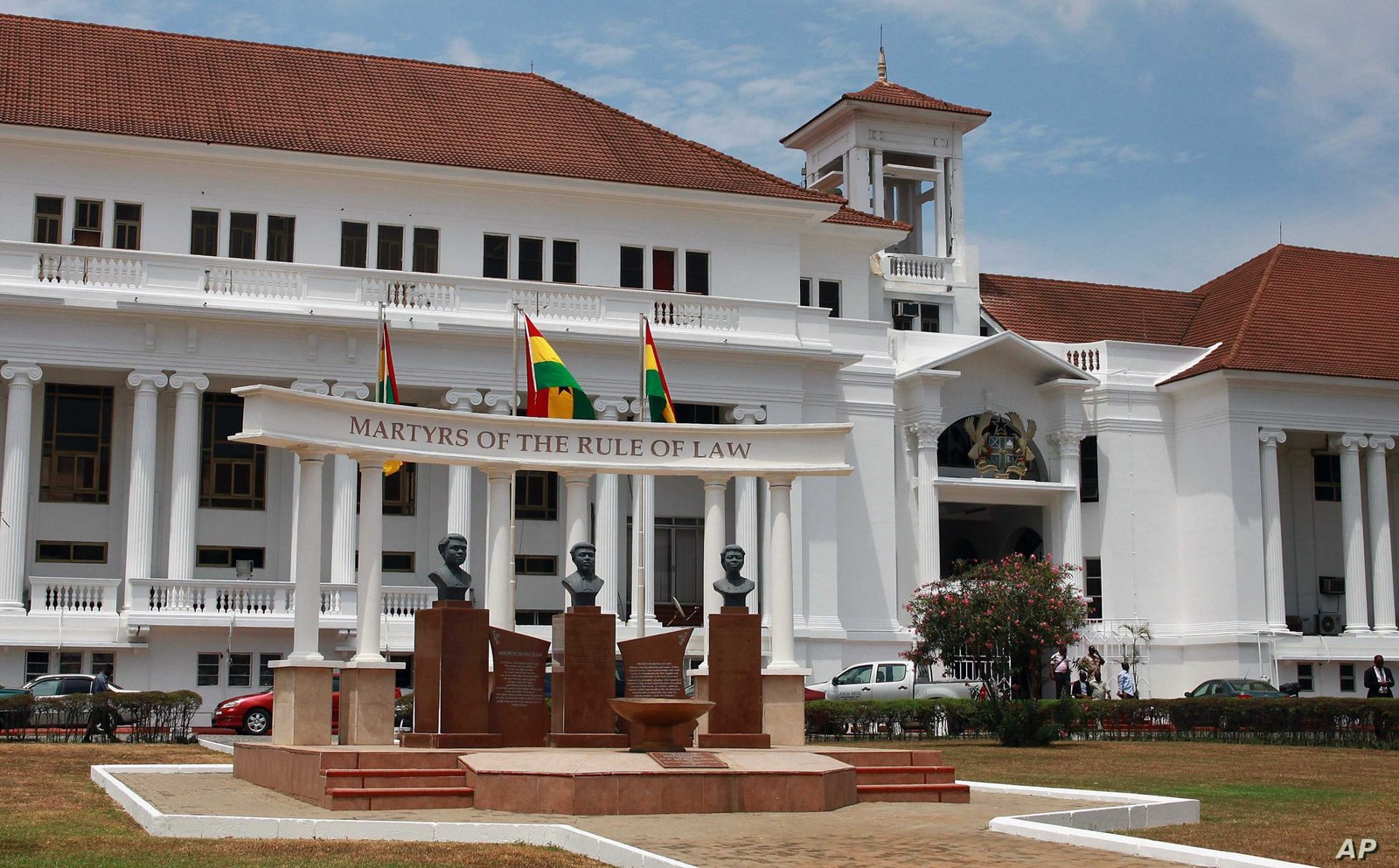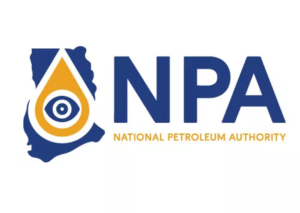
Photo of the Supreme Court of Ghana
Let me begin by stating upfront that I am not a lawyer or a law student. I have never accepted a goat, hug, or cow to twist the neck of the law either. Don’t ask me why because I have no intention of violating any legal principles… Please don’t ask me why because I have no Black Dictionary to rely on. My knowledge of the legal jargon “nolle prosequi” is based on my street understanding rather than formal legal expertise. I hope to provide a simplified explanation of this term for general comprehension.
Understanding Nolle Prosequi
“Nolle prosequi” or “nolle pros,” is a Latin phrase that translates to “will no longer prosecute.” It refers to a decision made by a prosecutor or government attorney to drop or dismiss charges against a defendant in a criminal case. While my understanding may not be as comprehensive as a legal professional’s, I will attempt to explain the concept in simpler terms.
When a prosecutor decides to file nolle prosequi, they have chosen to halt or abandon the prosecution of a criminal case. This decision may be based on various factors, such as weak evidence, uncooperative witnesses, or the emergence of new information that casts doubt on the defendant’s guilt.
It’s important to note that the decision to file nolle prosequi lies within the discretion of the prosecutor and is subject to judicial oversight to prevent misuse or abuse. While this is a simplified explanation of the concept, it should provide a basic understanding of what “nolle prosequi” entails.
The legal term “nolle prosequi,” often abbreviated as “nolle pros,” is a Latin phrase that translates to “will no longer prosecute.” It refers to a decision made by a prosecutor or a government attorney to drop or dismiss charges against a defendant in a criminal case. This article explores the concept of nolle prosequi and examines the factors considered when deciding whether to file or not to file nolle prosequi.
Reasons for Filing Nolle Prosequi
Insufficient evidence: One of the primary reasons for filing nolle prosequi is when the prosecution determines that the available evidence is weak or insufficient to secure a conviction. In the interest of justice, pursuing a case without reasonable prospects of success would be unfair to the accused.
Witness issues: Sometimes, crucial witnesses become uncooperative or unavailable, making it difficult to proceed with the trial. In such cases, the prosecution may choose to file nolle prosequi to avoid wasting resources on a trial that is unlikely to succeed without essential witness testimony.
New evidence or information: If new evidence emerges during the course of the proceedings that casts doubt on the defendant’s guilt or supports their innocence, the prosecution may reevaluate the case and decide to file nolle prosequi. This ensures that justice is served by preventing wrongful convictions.
Diversion programs: In certain jurisdictions, nolle prosequi may be employed as a means of diverting low-level or non-violent offenders away from the traditional criminal justice system. Instead of pursuing a conviction, the prosecution may offer the accused the opportunity to participate in rehabilitation programs or community service.
Considerations Against Filing Nolle Prosequi
The seriousness of the offence: In cases involving severe crimes, such as violent offences or crimes against vulnerable individuals, the prosecution may be less inclined to file nolle prosequi. Public safety concerns and the need for accountability may take precedence over other factors.
Prior criminal record: If the accused has a significant criminal history or has previously received leniency, the prosecution might be less inclined to drop charges. The aim is to ensure that repeat offenders are held accountable for their actions.
Public interest: In cases where there is substantial public interest, such as high-profile crimes or cases with significant social implications, the prosecution may opt to proceed with the trial, even if there are challenges or weak evidence. This helps maintain public confidence in the justice system.
Balancing Justice and Fairness: Deciding whether to file nolle prosequi is a delicate balancing act between justice and fairness. Prosecutors must weigh the strength of the evidence, the rights of the accused, the interests of the victim and the public, and the overall goals of the criminal justice system. It is crucial to ensure that nolle prosequi is used judiciously, without compromising the integrity of the legal process or undermining public trust.
Conclusion
Nolle prosequi is a legal tool that allows prosecutors to dismiss charges against a defendant. While it serves as an important mechanism to rectify potential miscarriages of justice, its application must be guided by principles of fairness, evidence-based assessment, and the overall objectives of the criminal justice system. By striking a balance between the interests of all parties involved, the decision to file or not to file nolle prosequi can






